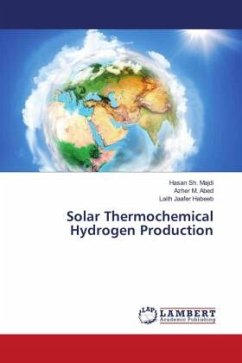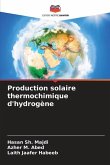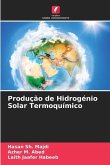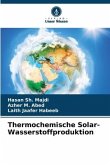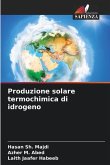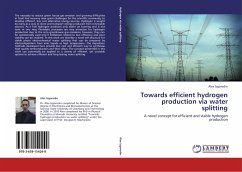Hydrogen is the most prevalent element in the world. It is also the most reactive. Earth's atmosphere, oceans, and land all contain different types of chemicals. In response to changes in temperature and pressure in their surrounding environment, the vast majority of substances will transition between one of these states & another. In general, lowering the temperature of a gas will cause it to turn into a liquid, and lowering the temperature of a liquid will cause it to turn into a solid. Increases in pressure may cause a material to melt and solidify at a greater temperature than its composition requires. Hydrogen fuel has the greatest potential advantages and has the majority of the essential characteristics of an ideal fuel. When used in conjunction with electricity, hydrogen is a highly efficient energy transporter that can result in zero or near-zero emissions at the time of consumption. As a result, for the past 50 years, academics and representatives from a number of industry groups have pushed hydrogen fuel as a potential solution to global warming. The hydrogen has tremendous uses in industrial applications, domestic applications and energy production.
Bitte wählen Sie Ihr Anliegen aus.
Rechnungen
Retourenschein anfordern
Bestellstatus
Storno

